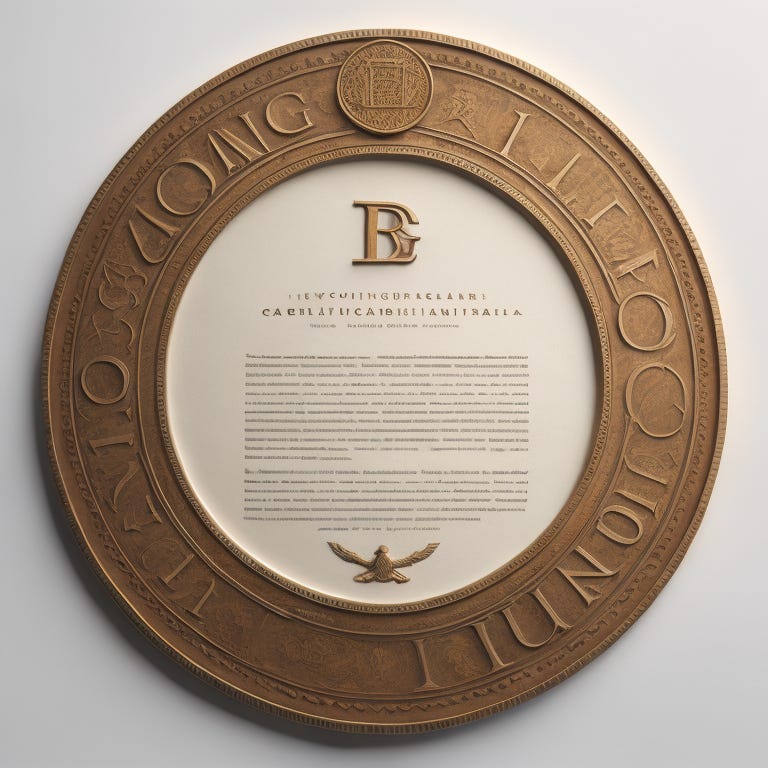Solving for Letters of Recommendation
Their death opens a vacuum to fill.
Letters of recommendation have always been an odd signaling device. Nobody likes asking for them. Nobody likes writing them. And nobody likes reading them—so much so that to a fair approximation nobody bothers actually reading them.
Fortunately, they are all but dead—rendered obsolete with the advent of AI.
Good riddance!
Unfortunately, they served a useful purpose, and we need something to fill the void.
To be clear the purpose they served was to signal that someone important was taking the time to put words on paper in support of someone else. The value was not in the words themselves; although important subtleties would certainly emerge for those reading between the Straussian lines.
The value was in the fact that an important person with expensive time was burning it up on behalf of the person being endorsed.
Now that the value of this signal is gone, we need to replace it with a better signal. My suggestion: Straight up endorsement where endorsement is credibly limited and credibly sourced.
Here is what I mean. Getting a letter of recommendation from Professor X or the Count of Monte Cristo means meant something when we knew that on some level it was from a limited supply. Even if the secretary wrote it, somebody had to at one point take the time to do so making the supply limited. Sure it could have been from a boilerplate template with the name switched out, but the limiting factor in that case was if too many got out it would be embarrassingly obvious that this source was not credible or meaningful.
Those limits are now gone as AI can churn out mass produced yet unique if not bespoke letters of recommendation. But the endorsement itself still has value. And that value is maximized when we know it actually came from that source and that source is very careful/restrained with its endorsements.
Fortunately we have a wonderful tool at our disposal for all of this—crypto.
A recommendation cryptocurrency would enable a myriad of features perfect for this task:
A set limit on the number of endorsements could be established with credibility and verified going forward.
These could be tiered for different purposes (e.g., job endorsement, partnership endorsement, neighbor endorsement, skill endorsement, etc.) or for different levels (e.g., highest level, generic level, associate level, etc.).
We could track how many endorsements had been given, allow or disallow various people and groups from seeing the actual endorsements, and give time limits to the endorsements including manually withdrawing them.
We could accumulate and carry forward endorsements received.
Endorsements could create a network unto itself—goodbye LinkedIn?
This solution has the appealing feature of leveraging the very thing that gave and then robbed letters of recommendation of their value—the time commitment. That essential characteristic was what made letters of recommendation valuable and such a pain only to be taken away by technology. But it is the same developments in technology that can render the needed cost, time commitment, unnecessary.
Technology taketh; technology giveth back.


